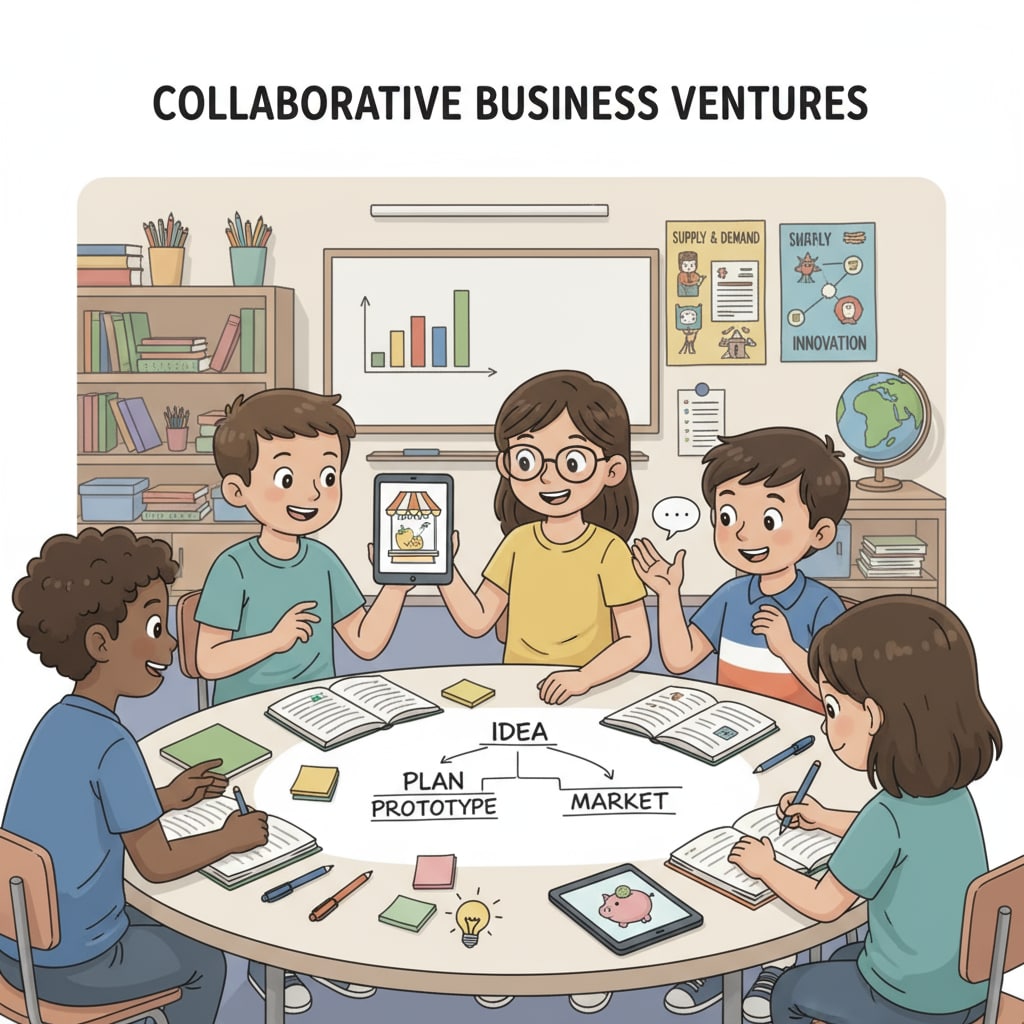Entrepreneurial spirit in K-12 education is often not fully realized through traditional teaching methods. Practical learning, however, offers a path to truly nurture this spirit. In today’s rapidly changing world, students need more than just textbook knowledge; they require the skills and mindset of entrepreneurs.

Shifting Away from Traditional Approaches
Traditional K-12 education has mainly focused on rote learning and standardized testing. This approach leaves little room for the development of entrepreneurial qualities such as innovation, risk-taking, and problem-solving. For example, students are often taught to memorize facts rather than think creatively. As a result, when it comes to real-world situations that demand entrepreneurial thinking, they may struggle. According to Britannica’s Education section, a more dynamic and practical educational model is essential for fostering the entrepreneurial spirit.
The Power of Practical Learning
Practical learning allows students to experience the real challenges and opportunities of entrepreneurship. By engaging in hands-on projects, they can develop a deep understanding of business concepts. For instance, setting up a small school-based business gives students a taste of marketing, finance, and operations. This hands-on experience not only enhances their knowledge but also builds confidence.

As Wikipedia’s page on Experiential Learning states, learning by doing is a powerful way to internalize skills.
Integrating entrepreneurial thinking into daily lessons can be achieved in various ways. Teachers can design projects that require students to identify problems and come up with innovative solutions. This encourages them to think outside the box and take initiative. For example, in a science class, students could develop a new product to address an environmental issue. By applying entrepreneurial concepts in different subjects, students can see the practical value of these skills across various fields.
In conclusion, nurturing the entrepreneurial spirit in K-12 education through practical learning is a transformative approach. It equips students with the skills and mindset needed to thrive in the modern world. By moving beyond traditional teaching and embracing hands-on experiences, we can create a generation of innovative and resilient young individuals ready to take on the challenges of the future.
Readability guidance: Using short paragraphs and lists helps summarize key points. Each H2 section can have a list to present ideas clearly. Keeping the passive voice and long sentence proportion in check, and adding transition words like ‘however’, ‘therefore’, ‘in addition’, ‘for example’, and ‘as a result’ throughout the text makes it more coherent.


